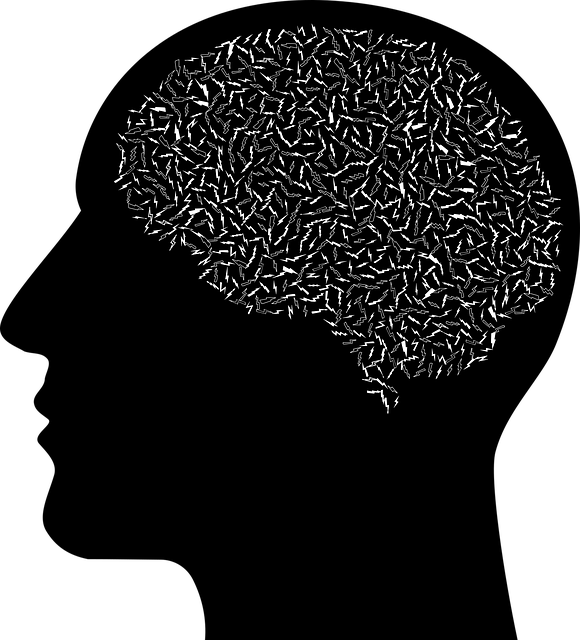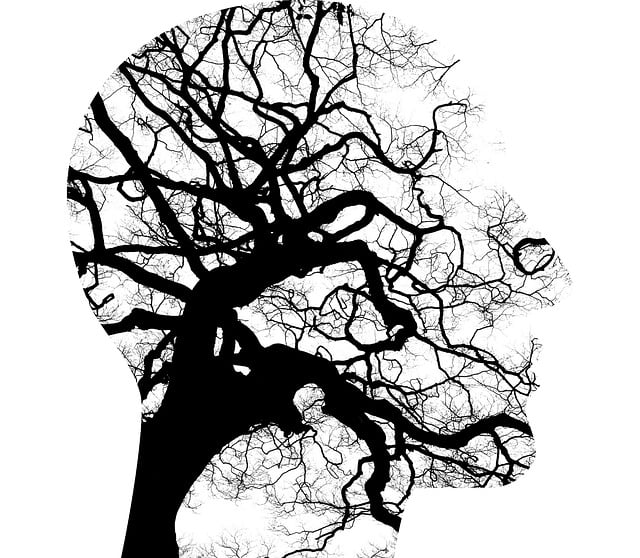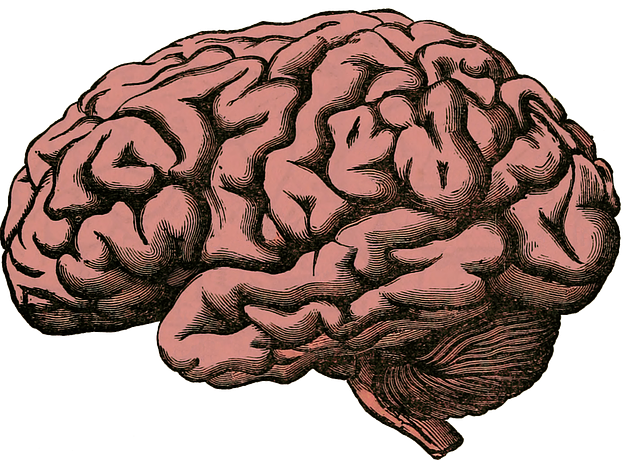Lafayette's mental health policies prioritize support for its significant Russian-speaking community by addressing cultural nuances and language barriers. Key initiatives include Lafayette Russian Speaking Therapy programs, which break down access gaps and reduce stigma, encouraging care-seeking behaviors. Collaborative efforts like Inner Strength Development and Mental Wellness Coaching enhance equal access to quality care, fostering empowerment and a supportive environment. Integrated approaches, informed by culturally competent practices, bridge the cultural divide, ensuring tailored holistic care. By leveraging these strategies, Lafayette's mental health landscape is transformed for diverse communities, with a focus on both individual well-being and system sustainability.
In Lafayette, the mental health landscape is evolving, particularly within its diverse Russian-speaking communities. This article delves into a critical analysis of mental health policies and their profound impact on these often-overlooked populations. We explore the power of advocacy groups in amplifying mental health support needs and scrutinize existing local policies for gaps and potential improvements. Furthermore, practical strategies for driving effective policy change are presented, offering a roadmap to enhance mental health services for Lafayette’s Russian-speaking therapy seekers.
- Understanding Mental Health Policy and Its Impact on Russian-Speaking Communities in Lafayette
- The Role of Advocacy: Voice for Mental Health Support inLafayette's Diverse Population
- Analyzing Existing Policies: Gaps and Opportunities at the Local Level
- Strategies for Effective Mental Health Policy Change and Their Implementation in Lafayette
Understanding Mental Health Policy and Its Impact on Russian-Speaking Communities in Lafayette

In Lafayette, mental health policy plays a pivotal role in shaping the well-being of Russian-speaking communities. Understanding these policies is essential to addressing unique challenges faced by this demographic. The city’s initiatives often reflect broader trends in mental health advocacy, focusing on accessibility and inclusivity. However, cultural nuances and language barriers require specific attention to ensure effective support. For instance, promoting Mental Health Awareness among Russian-speaking residents necessitates tailored approaches that consider their distinct social and historical contexts.
Lafayette’s mental health landscape is further enriched—or complicated—by the presence of trauma support services, which are crucial for many in this community. Many Russian speakers have experienced complex histories, and access to specialized therapy, like Lafayette Russian Speaking Therapy, becomes a lifeline. Integrating these services into the local policy framework can foster a more comprehensive self-care routine development for better mental health outcomes. This involves not just translating resources but also adapting them culturally to create safe spaces where individuals feel empowered to seek and provide support.
The Role of Advocacy: Voice for Mental Health Support inLafayette's Diverse Population

In Lafayette’s diverse population, advocacy plays a pivotal role in amplifying the voice of those seeking mental health support. The community has a unique need for services tailored to various cultural backgrounds, including the Russian-speaking population who may face barriers in accessing appropriate care. Advocacy groups and mental health professionals working together can bridge these gaps by developing targeted programs, such as Inner Strength Development initiatives and Mental Wellness Coaching Programs, that cater specifically to Lafayette’s diverse communities.
By integrating culturally competent practices and offering Crisis Intervention Guidance, advocacy ensures that everyone has equal access to quality mental health services. This collaborative approach not only empowers individuals but also fosters a supportive environment where inner strength can be cultivated and crisis situations are addressed effectively.
Analyzing Existing Policies: Gaps and Opportunities at the Local Level

In any comprehensive mental health policy analysis, examining existing local-level initiatives is a pivotal step. By delving into the current landscape of support systems, we can identify both the achievements and unmet needs, especially within diverse communities like Lafayette with its Russian-speaking population. For instance, while there might be an abundance of English-language therapy services, the availability of Russian-speaking therapy options could be limited, creating a significant gap in access to care for non-English speakers. This analysis reveals critical opportunities for advocacy and policy changes.
The process can highlight areas where Mind Over Matter principles could be integrated into local healthcare systems, enhancing cultural competency among providers. Effective communication strategies, for example, are essential tools to bridge the cultural divide, ensuring that Russian-speaking residents receive holistic mental health care tailored to their linguistic and cultural needs. Advocating for targeted training programs for healthcare providers on cultural competency can significantly improve access and outcomes for Lafayette’s Russian-speaking community, ultimately enriching the local mental health tapestry.
Strategies for Effective Mental Health Policy Change and Their Implementation in Lafayette

In Lafayette, effective mental health policy change strategies have been implemented to address the growing need for accessible and culturally sensitive healthcare services, with a particular focus on catering to the Russian-speaking community. One key approach has been the integration of Lafayette Russian Speaking Therapy programs, ensuring that mental wellness resources are available in multiple languages. This strategy not only tackles the mental illness stigma reduction efforts within the community but also promotes better engagement and outcomes for Russian-speaking individuals seeking therapy.
Additionally, burnout prevention strategies for healthcare providers have been prioritized to sustain a robust mental health care system. The development of mental wellness coaching programs has played a significant role in supporting both patients and practitioners. These initiatives aim to enhance the overall mental well-being of Lafayette’s residents by fostering an environment where therapy is accessible, inclusive, and effective, addressing critical aspects of mental health policy advocacy on multiple fronts.
Mental health policy analysis reveals critical gaps in support for Lafayette’s rapidly growing Russian-speaking community. By advocating for inclusive and culturally sensitive therapy options, we can ensure that everyone, regardless of background, has access to the care they need. Addressing these policy shortcomings is essential to fostering a healthier, more connected Lafayette. Through targeted strategies and collective action, we can bring about meaningful change in mental health services for Russian-speaking individuals, ultimately enhancing the well-being of our diverse population.













